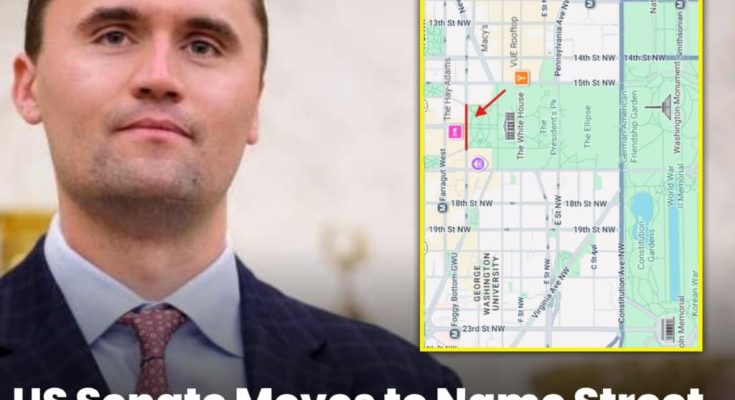U.S. Senate Introduces Bill to Rename Street Outside the White House as “Charlie Kirk Patriot Way” in Tribute to the Slain Conservative Leader
In a powerful gesture of remembrance, the United States Senate is considering bipartisan legislation to rename a section of H Street Northwest near the White House as “Charlie Kirk Patriot Way,” honoring the late Turning Point USA founder whose life was tragically cut short last month. The bill, introduced on October 10, 2025, by Republican Senators Rick Scott, Mike Lee, Marsha Blackburn, Bernie Moreno, and Josh Hawley, aims to permanently recognize Kirk’s legacy as one of America’s most influential young conservative voices.
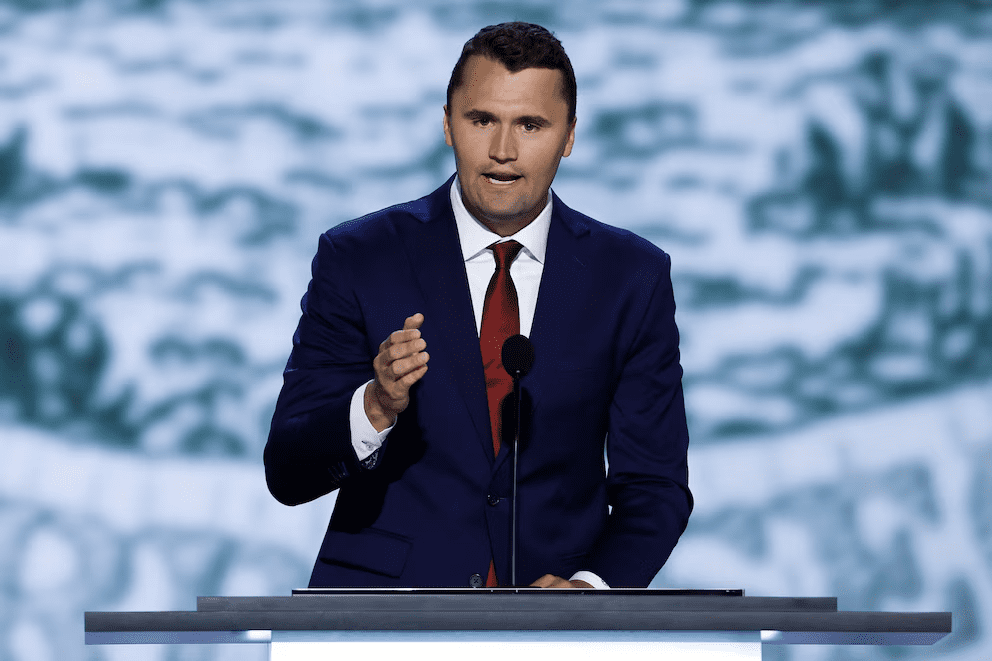
According to the text of the proposal, this designation will “pay tribute to Charlie, an American patriot who spent his young life promoting the founding ideals of our great nation — free speech, discussion of ideas, and religious liberty — and inspired countless young Americans to stand up for their beliefs with courage and conviction.” The location, just steps from the White House, is symbolic, marking the impact Kirk made on shaping youth activism and conservative culture across the country.
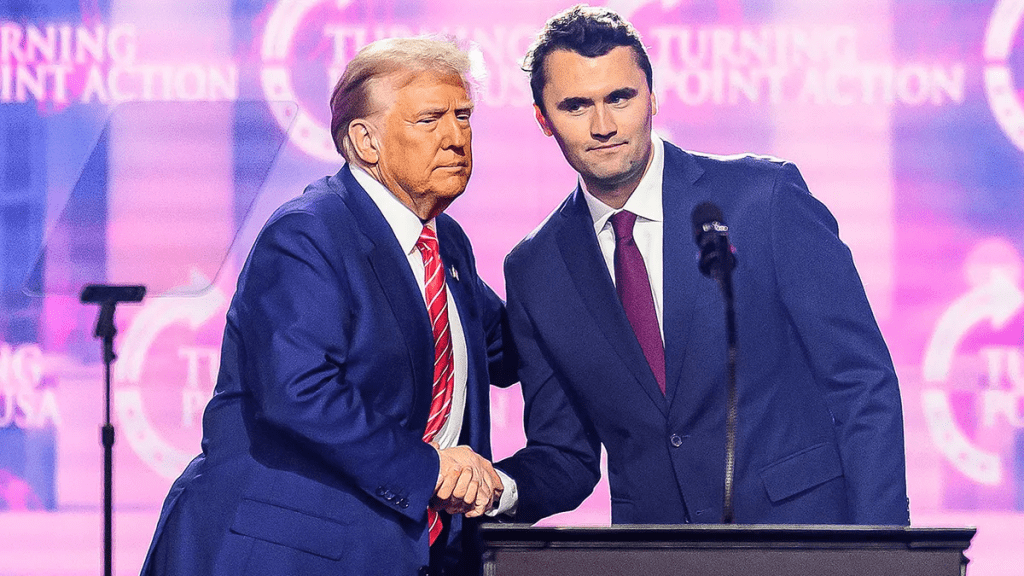
Charlie Kirk was only 32 years old when he was fatally shot on September 10, 2025, while speaking at Utah Valley University. His assassination shocked the nation, sparking emotional reactions across the political spectrum and reigniting conversations about political violence in America. Kirk’s death left a void in the conservative movement, where he had built Turning Point USA into a national force empowering students to defend free expression and traditional values on campuses often hostile to conservative viewpoints.
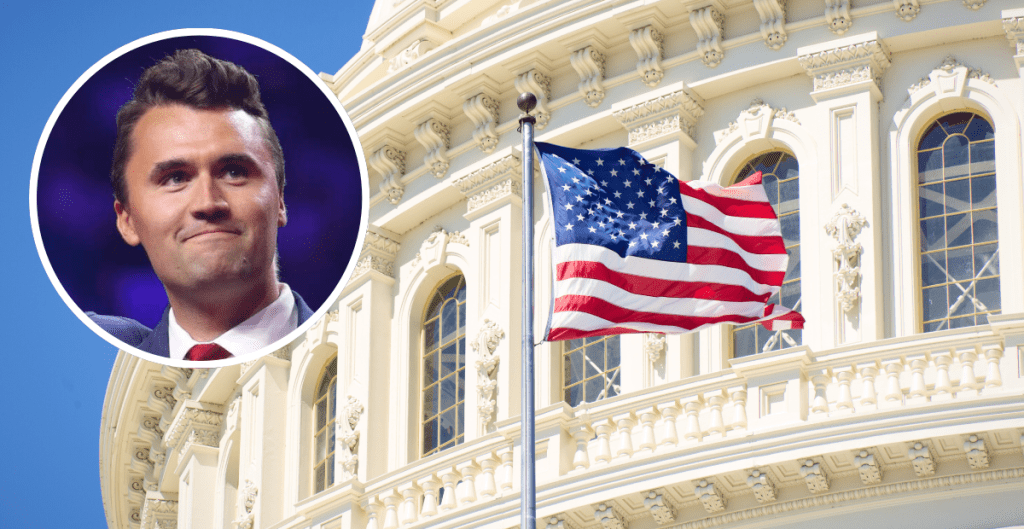
In the weeks since his passing, tributes have poured in from political leaders, faith organizations, and millions of young Americans who credit Kirk for giving them the confidence to speak boldly about their beliefs. President Trump, who maintained a close relationship with Kirk and frequently praised his work, called him “a true fighter for freedom and faith.” The proposed “Charlie Kirk Patriot Way” designation now stands as an extension of that sentiment — a way to ensure his influence lives on in the heart of the nation’s capital.
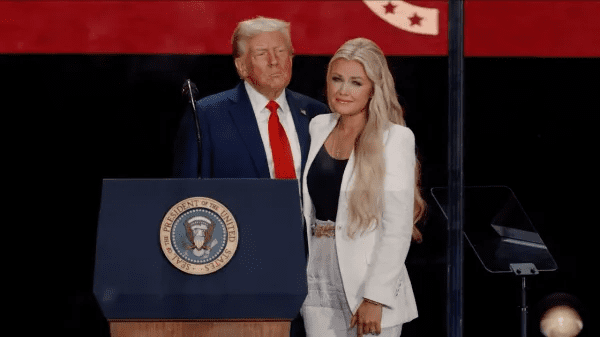
Supporters of the bill describe it as both a symbolic and meaningful act. Senator Rick Scott said the street name would remind future generations of the values Kirk championed. “Charlie was a fearless advocate for liberty and American principles. His name deserves to stand where freedom itself is represented — right outside the White House,” Scott said during a press briefing. Others, including Senators Marsha Blackburn and Josh Hawley, echoed the same spirit, calling Kirk’s legacy one of “faith, conviction, and unapologetic patriotism.”
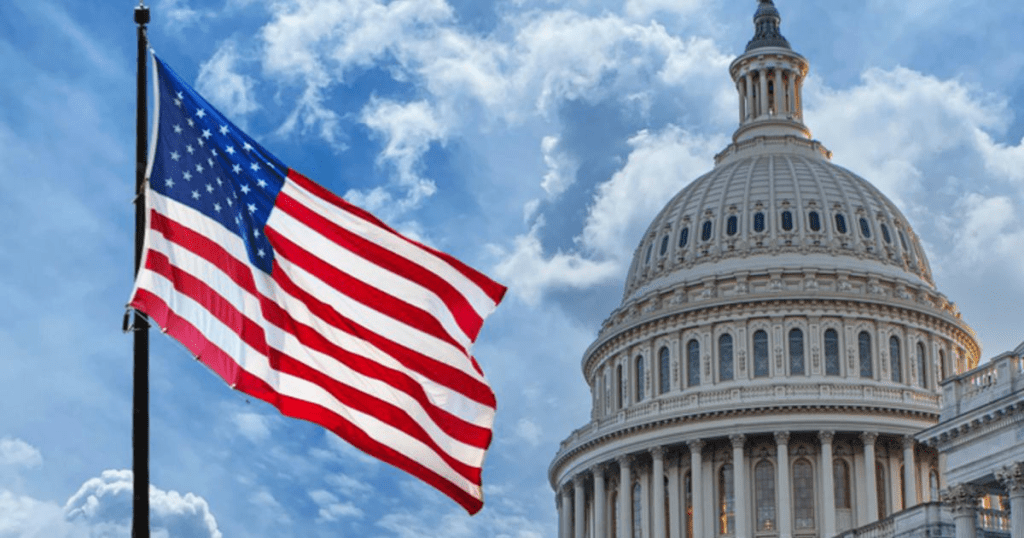
The proposal has drawn overwhelming support from conservatives who see it as a fitting tribute to a man they believe embodied the very ideals America was built upon. Many have noted that such recognition is rare for someone so young, underscoring the depth of Kirk’s national impact. Still, the initiative has also prompted skepticism from critics who question the speed of the measure while investigations into his assassination continue. Law enforcement officials have yet to release a full public report on the incident, but early findings suggest the shooting was politically motivated — a chilling reminder of the dangers facing public figures in today’s divided climate.
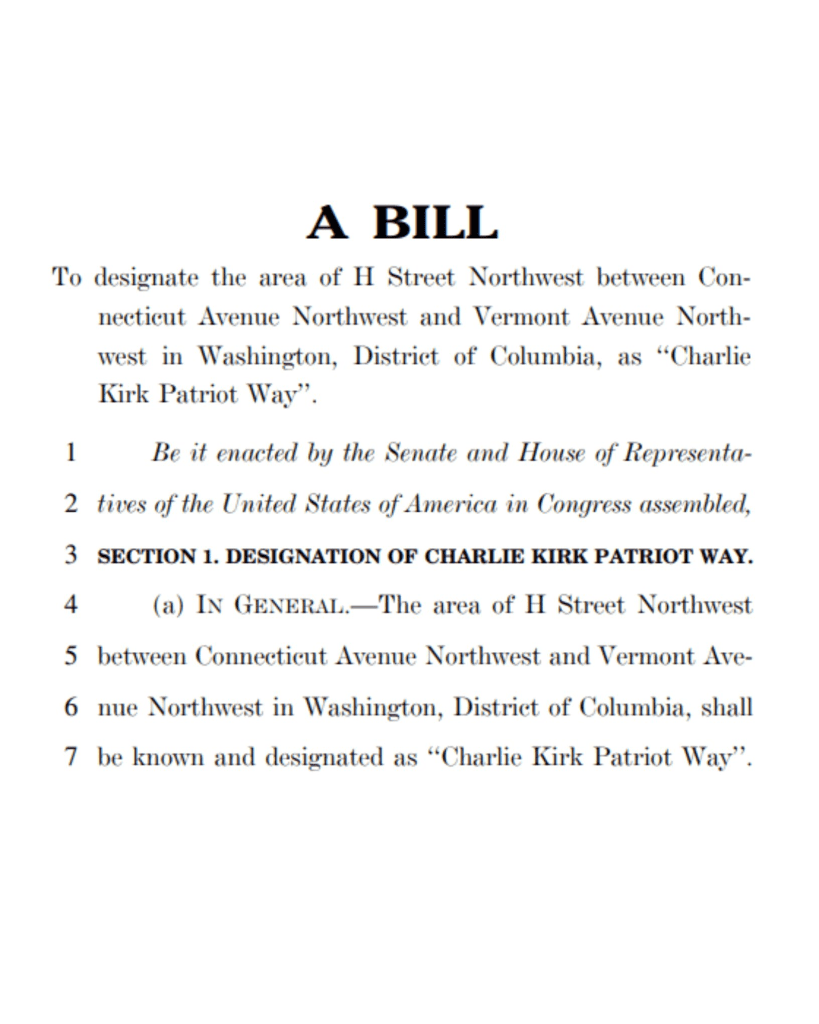
Despite the debate, one thing remains clear: Charlie Kirk’s name continues to inspire. His work at Turning Point USA reshaped youth politics, rallying a new generation around faith, freedom, and the Constitution. The proposed “Charlie Kirk Patriot Way” isn’t just a sign — it’s a statement about what he represented. To many, it stands as a reminder that courage and conviction still matter in a time when both seem increasingly rare.
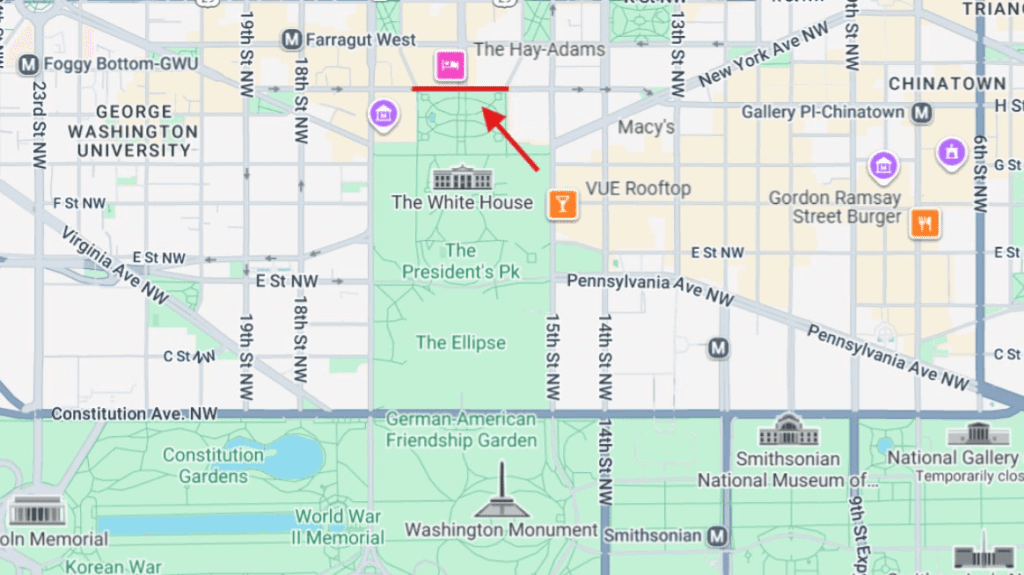
If the bill passes, H Street Northwest between Connecticut Avenue and Vermont Avenue — one of Washington’s most visible corridors — will bear his name. For those who admired him, it would be a permanent tribute to a man who spent his life urging young Americans to never apologize for loving their country.
